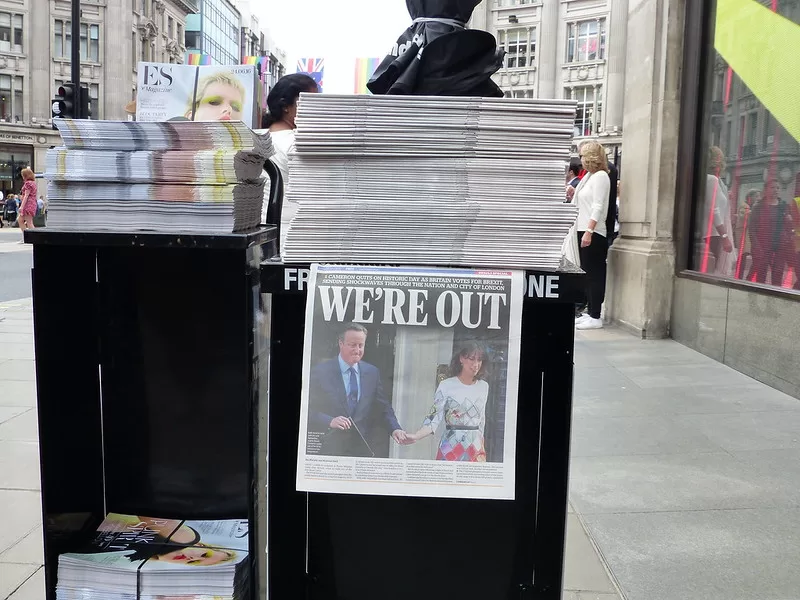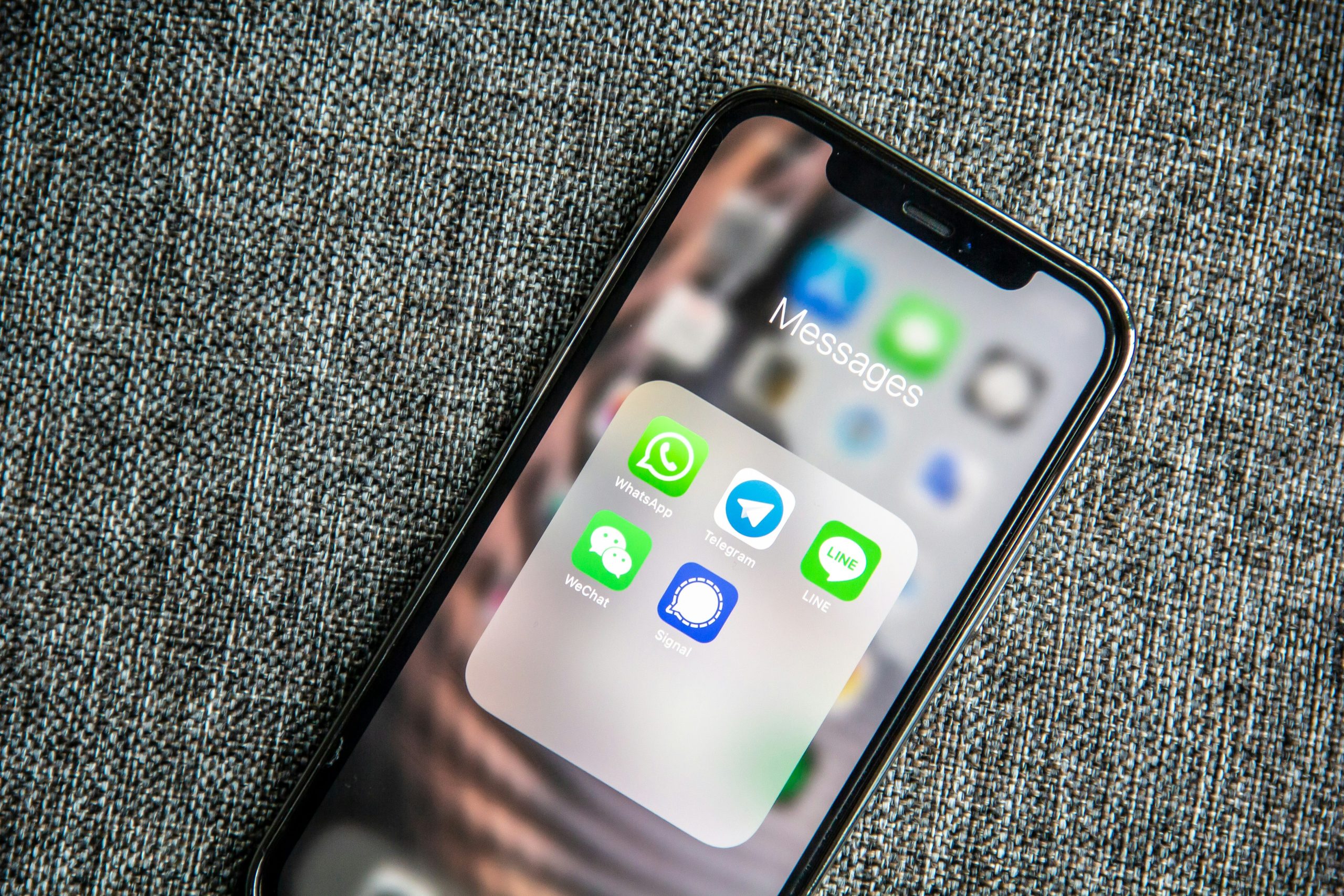News – or more specifically the ownership of newspapers – has featured strongly in the headlines this week.
Last Friday, The Jewish Chronicle (JC) – the world’s oldest Jewish newspaper – issued a terse statement saying it had removed articles written by freelance journalist Elon Perry from the paper’s website and ended its association with the writer.
In the aftermath, four long-time JC columnists – David Aaronovitch, David Baddiel, Jonathan Freedland and Hadley Freeman – resigned over the scandal.
Aaronovitch, a former Index chair, wrote on his Substack that he was leaving the periodical after 20 years. He said he “really did not want to stop writing for The Jewish Chronicle” but cited the Perry case as the main reason.
He explained: “For six weeks Perry – who no one had ever heard of – broke a series of front-page exclusives supposedly involving captured Hamas information, most of which managed to justify a current twist in Bibi Netanyahu’s Gaza policy. Eventually journalists in Israel managed to establish that the security services believed these stories to be fake and that Perry himself was a fraud. It was a monstrous failure of editorial standards.”
Aaronovitch has also, along with other writers, asked for more clarity on the paper’s ownership. The JC recently announced the creation of a named board of trustees, but did not identify them. Former Guardian editor Alan Rusbridger wrote a piece in Prospect trying to shed some light on this and in particular the role of Sir Robbie Gibb, a member of the BBC’s editorial guidelines and standards committee.
In the article Rusbridger writes, “Sir Robbie Gibb, who, in his November 2023 BBC Declaration of Personal Interests stated that he was the 100 per cent owner of The Jewish Chronicle. As far as I’m aware, he does not have the funds to be the actual owner of the paper, so we might think of him as the frontman for the funder(s). Whoever they are.”
People become newspaper proprietors for many reasons but being able to use them as megaphones for your own views is usually high on the list, and has been for the past few centuries.
Following on from the JC appearing in its own headlines, we learned that Tortoise Media, the slow news company, was in talks with Guardian Media Group to buy The Observer, the world’s oldest Sunday newspaper.
On Tuesday, Tortoise issued a statement in which the company’s editor and founder James Harding said: “We think The Observer is one of the greatest names in news. We believe passionately in its future – both in print and digital. We will honour the values and standards set under The Guardian’s great stewardship and uphold The Observer’s uncompromising commitment to editorial independence, evidence-based reporting and journalistic integrity.”
The company said it would invest £25 million over five years into ”the editorial and commercial renewal of the title”.
According to the National Union of Journalists (NUJ), journalists at both The Observer and The Guardian oppose the plan.
This week also saw the publication of the last ever daily edition of the 200-year-old Evening Standard in London. Like the JC, The Evening Standard is a “local” newspaper with influence that goes way beyond its region.
The paper will now be replaced by a weekly publication, called The London Standard, each Thursday.
Editor-in-chief Dylan Jones writes that the paper “doubles down on the newspaper qualities the title is known for: sharp opinion, analysis, interviews, deeply researched features, scoops and the strong record in campaigning that is now part of its DNA”.
Writing in The Guardian, former Evening Standard opinion editor James Hanning wrote, “Often the Standard really did provide the first draft of history. If it thought something important, rightly or wrongly, other papers would follow.”
He added, “Politicians wanted our good opinion, to write for us, to have lunch with us. We seemed to know what was going on, were able to make the right calls and had a mild bearing on which way stories ran.”
It was this influence that appealed to proprietor Evgeny Lebedev, who now appears to have bowed to pressure over the daily title from Saudi investors brought into the paper six years ago.
Ownership is a key thread between these stories but they also show the dwindling influence of newspapers in a world dominated by the internet and social media in particular.
In countries where press freedom is cherished, newspapers are a vital part of the system of checks and balances that supports democracies. The best newspapers, which are driven by their journalists rather than their owners, have always held their politicians, businesses and individuals to account for actions that affected their readership.
Newspapers are in a worrying death spiral, due to falling circulation figures and loss of revenue. Research by UK media publication Press Gazette earlier this year revealed the precipitous decline of regional media in the UK.
In 2007, the nine companies that made up the majority of the UK’s regional media generated revenues of £2.4 billion and employed 9,000 journalists. By 2022, revenues had plummeted to £590 million and the number of journalists slashed to just 3,000. Adjusting for inflation, the size of the sector is just one seventh of its size 15 years earlier.
If newspapers continue to disappear, who is left to hold the powerful to account?





